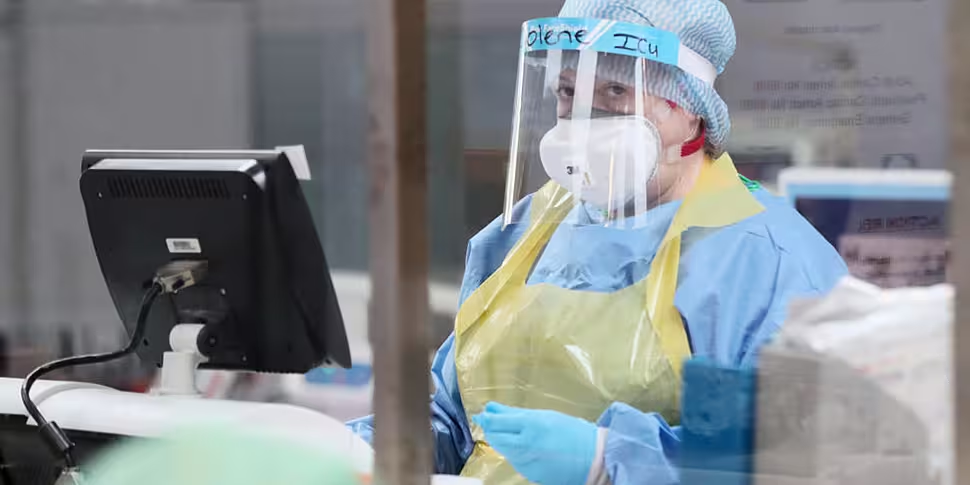The number of people being treated in hospital for COVID-19 has dropped by more than a quarter since the end of last month.
254 people are receiving treatment in hospitals for the virus, down from 354 two and a half weeks ago.
There are currently 35 people in ICUs.
It comes as 482 new cases of coronavirus were confirmed in the Republic yesterday, while seven further deaths were also reported.
The Chief Medical Officer believes we can get to where we need to be on December 1st if we keep up the high levels of compliance with public health measures.
Dr Tony Holohan praised the work undertaken by everyone over the last three weeks, but said the increase in cases is an important reminder of the unpredictable nature of the virus.
The national incidence rate of the virus now stands at 129 per 100,000 - the third-lowest rate in Europe.
The Chief Executive of the HSE Paul Reid said the numbers are really encouraging.
He added: "Let's hope this is the start of a trend so that these patients can get home for Christmas with their families. We can all help to stop more admissions."
Today, some really encouraging news as the number of #COVID19 cases in hospital are down to 254 with 35 in ICU. Let's hope this is the start of a trend so that these patients can get home for Christmas with their families. We can all help to stop more admissions. @HSELive
— Paul Reid (@paulreiddublin) November 14, 2020
Meanwhile, an Immunology expert says mass vaccination sites may be needed for the Pfizer BioNTech COVID-19 dose.
Last week, Pfizer and German firm BioNTech released a statement saying their initial data shows their coronavirus vaccine candidate is 90% effective with no evidence of side effects.
The two companies said they expect to produce up to 50 million vaccine doses before the end of the year and up to 1.3 billion doses next year.
However, as the vaccine needs to be kept at ultracold temperatures that requires specialised freezers which are only found in labs and hospitals, this has raised questions about how the inoculation could be given to the public in rural areas.
Professor Kingston Mills from Trinity College said the HSE also needs to keep track of who is receiving it.
He said: "You already have the situation where vaccines are often given in schools and where you would have the whole school vaccinated at the same time.
"I could conceive a centre where people could go to get the vaccine but it would have to be extremely well organised and the HSE would really need to put in place better systems than they have for tracing and tracking."









